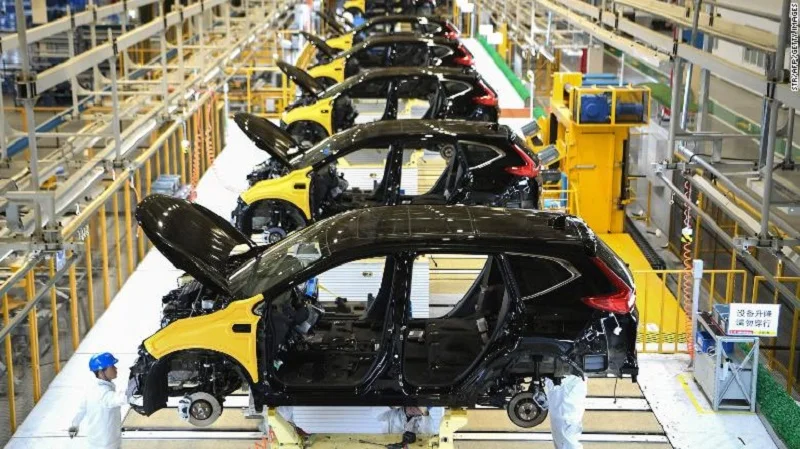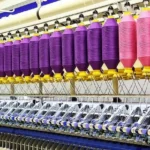Chinese automakers’ earnings are set to be hit in second quarter of 2022 by lost sales and low plant utilisation amid strict Covid-19 restrictions, rising material costs and softening demand, said Fitch Ratings in its report.
Fitch Ratings’ report said that near-term earnings performance could diverge among automakers with different geographical exposure, product mix and supply-chain management capability.
Production and sales will gradually recover once lockdowns ease, but there is a high risk of more frequent, albeit shorter, production disruptions, supply chain challenges and inflationary cost pressure will persist into second half of 2022 for most original equipment manufacturers (OEMs).
These challenges, coupled with softening consumer spending, may pressure the sector’s profitability in 2022.
China’s passenger vehicle retail volume plunged by 36 percent on a year-on-year basis in April 2022, while wholesale deliveries were hit harder by 43 percent year-on-year basis, according to China’s Passenger Car Association.
Read More: China sustains world’s top manufacturing hub for 12 straight years
Severe business disruptions since mid-March are set to hamper some leading auto groups’ revenue and profitability in second quarter amid the lost sales, high component, logistical and virus-control costs, and additional financial support for suppliers and dealers.
Recent production disruptions may also interrupt the recovery in microchip supplies, while battery producers’ price increase from second quarter will further dampen OEMs’ profitability.
Automakers in Shanghai and Jilin have slowly resumed production since mid-April, but plant utilisation remains low. The pace of production recovery may pick up when Shanghai approaches a more meaningful re-opening – potentially in mid-to-late May – but uncertainty remains given the high transmissibility of the Omicron variant.
“We expect both wholesale and retail sales volume to pick up once Covid-19-related mobility restrictions ease, but China’s consumer demand fundamentals are weakening amid slowing household income growth and increasing unemployment pressure. The auto retail market may suffer a longer-lasting impact from continuing public health-related restrictions than the wholesale market,” said Fitch.
The retail recovery momentum could vary across regions, depending on the severity of public health restrictions and local consumption stimulus packages. Guangdong was the first province to announce auto purchase incentives in late April, including subsidies for car trade-ins, electric-vehicle (EV) purchases and additional licence plates for fossil-fuel cars in Guangzhou and Shenzhen in May-June 2022. More provinces and cities are likely to follow suit.
“We expect automakers with diversified geographical exposure, strong brands and high levels of vertical integration to have more resilient profit,” said Fitch.
Although joint-venture (JV) OEMs in general suffered more from chip shortages than proprietary peers, a number of JVs reported higher or relatively stable net profit margins in 2021, including Dongfeng Honda, GAC Honda, GAC Toyota and Beijing Benz, on narrower retail discounts due to tight vehicle supplies, it added.
A few unprofitable JVs such as Beijing Hyundai and Dongfeng Peugeot-Citroen Automobile, reduced net losses on improved pricing power. In contrast, the JV between SAIC Motor and Volkswagen AG (BBB+/Positive), which has been severely set back by the chip shortage since late-2020, suffered a large net profit decline in 2021,” said the report.


